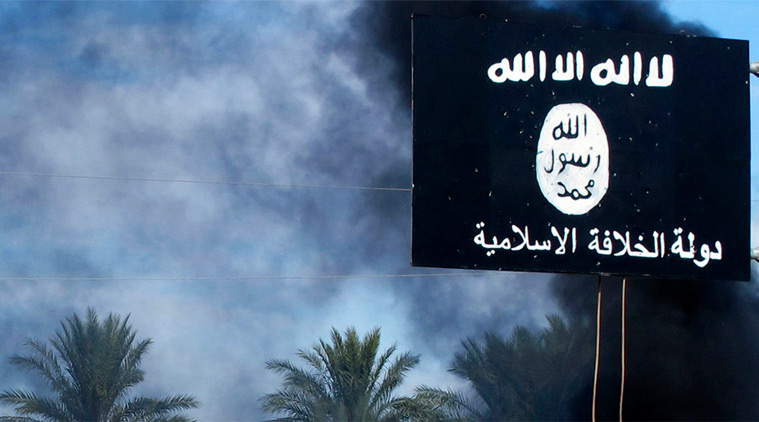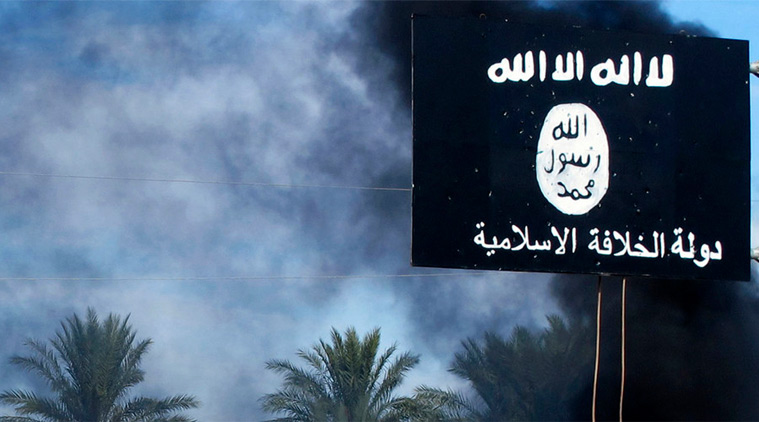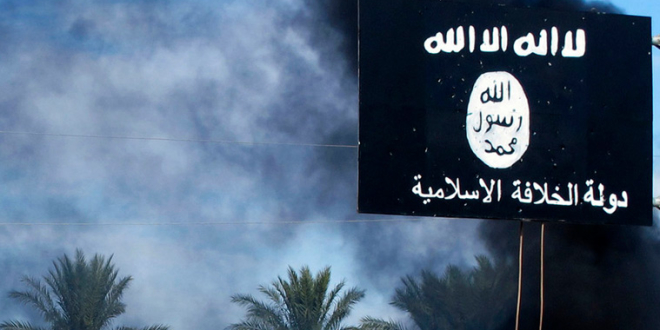
 Though the immediate concern of the alliance should be to reclaim territory, it will also need to reckon with the deeper reasons that fuelled the formation of the IS.
Though the immediate concern of the alliance should be to reclaim territory, it will also need to reckon with the deeper reasons that fuelled the formation of the IS.
The 34-state coalition announced by Saudi Arabia could help defeat Islamist terror groups if it translates intent into action. Saudi Foreign Minister Adel al-Jubeir, who made the announcement on Tuesday, said the alliance will share information and train, equip and provide forces, if necessary, for the fight against the Islamic State (IS). In the Saudi capital, deputy crown prince and Defence Minister Mohammed bin Salman spoke about international coordination with major powers and international organisations to battle terrorism in Iraq, Syria, Libya, Egypt and Afghanistan. A joint operations centre has been proposed in Riyadh to “coordinate and support” military action.
However, the exclusion of Iran limits the coalition to the coming together of mainly Sunni Muslim nations. Islamabad, whose dodgy record on fighting terror is no secret, has said the Saudis did not consult it before making the announcement. The differences within the coalition need to be addressed and a concrete action plan readied. Though a broad coalition is now battling the IS, the advent of a Saudi-led alliance with an emphasis on its Muslim identity could arguably change the narrative. It can help expose the hollowness of the terror platform’s claim to represent Islam. However, in the absence of concrete action, the scepticism that the Saudi coalition is mere optics to subdue criticism in the international community that enough is not being done by Muslim countries, especially Saudi Arabia, to defeat terror groups, will prevail.
Though the immediate concern of the alliance should be to reclaim territory, it will also need to reckon with the deeper reasons that fuelled the formation of the IS. The rise of religious extremism has been helped by the failure of West Asian regimes to address the social and political aspirations within. Though there are no easy answers, this coalition demonstrates, at the very least, that the region is willing to take ownership of its crises. The world will watch it closely.
![]()
Source: New feed






